Traditional tourism, sometimes called mass tourism, focuses on convenience and accessibility, but SIXT.VN offers a modern alternative by prioritizing personalized and sustainable travel experiences that enrich your journey through Vietnam, ensuring you discover its beauty responsibly. We provide various services, including eco-friendly tours and transportation options to provide you with a seamless and enjoyable experience. Explore alternative tourism, cultural tourism, and responsible travel with us.
1. Understanding Traditional Tourism: A Deep Dive
Traditional tourism, often referred to as “mass tourism,” is a form of travel designed for large groups focusing on convenience, entertainment, and standardized experiences. This approach often prioritizes ease of access and luxury accommodations, often overshadowing environmental and cultural considerations.
1.1. The Core Characteristics of Traditional Tourism
Traditional tourism has several defining traits:
- High Environmental Impact: Large resorts, cruise ships, and all-inclusive packages consume substantial resources, leading to significant environmental degradation. This includes high energy and water consumption, contributing to pollution and habitat destruction.
- Focus on Large-Scale Attractions: Popular tourist sites become overcrowded, leading to environmental strain and the dilution of local authenticity. The sheer volume of visitors can overwhelm local infrastructure and resources.
- Minimal Cultural Preservation: Traditional tourism frequently commodifies local customs, reducing their authenticity for commercial gain. Authentic cultural elements are often staged or altered to cater to tourist expectations.
- Wildlife Exploitation: Many traditional tourism activities involve animal captivity and unethical interactions, negatively impacting wildlife conservation. This includes activities like elephant rides, dolphin encounters, and captive animal photography.
1.2. Examples of Traditional Tourism in Practice
Here are some concrete examples of traditional tourism:
- Massive Beach Resorts: These resorts often have little regard for sustainable practices, consuming large amounts of resources and disrupting local ecosystems.
- Cruise Ships: Cruise ships generate significant waste and disrupt marine ecosystems, contributing to pollution and habitat destruction.
- Bus Tours: These tours often rush through destinations, lacking meaningful cultural immersion or engagement with local communities.
- Unethical Wildlife Interactions: Tourist activities that exploit animals, such as captive animal photography or dolphin encounters, contribute to animal suffering and conservation challenges.
1.3. The Negative Impacts of Traditional Tourism
Traditional tourism’s impacts are far-reaching and detrimental:
- Over-tourism: Fragile ecosystems, such as coral reefs and heritage sites, suffer from overcrowding, leading to degradation.
- Pollution: Air and water pollution from high carbon-emission travel contribute to environmental damage.
- Economic Imbalance: Large hotel chains often profit significantly, while local communities receive minimal financial benefit, exacerbating economic disparities.
 Overcrowded tourist attraction
Overcrowded tourist attraction
Did you know? According to research from the United Nations World Tourism Organization (UNWTO) in 2019, the global tourism industry accounts for 8% of total carbon emissions, mainly due to air travel, transportation, and large-scale accommodations.
2. Defining Ecotourism: A Sustainable Alternative
Ecotourism represents a sustainable and responsible way of traveling. It focuses on minimizing environmental impact, supporting local communities, conserving natural habitats, and providing educational, immersive travel experiences.
2.1. The Key Characteristics of Ecotourism
Ecotourism distinguishes itself through several critical elements:
- Sustainable Travel Practices: Ecotourism prioritizes low-impact accommodations, renewable energy sources, and effective waste reduction strategies.
- Conservation-Based Tourism: Tourists engage in wildlife observation in natural habitats rather than captive settings, supporting conservation efforts.
- Respect for Local Cultures: Travelers support indigenous communities and participate in authentic, locally led experiences, fostering cultural preservation.
- Small-Scale Tourism: Ecotourism focuses on quality over quantity, avoiding overcrowded tourist hotspots, and ensuring a more intimate and sustainable experience.
2.2. Examples of Ecotourism in Action
Ecotourism manifests in various forms:
- Eco-lodges and Sustainable Boutique Hotels: These accommodations use renewable energy and support conservation initiatives, minimizing their environmental footprint.
- Guided Nature Tours: Local experts lead tours in protected areas, like national parks, providing insights into the region’s biodiversity and conservation efforts.
- Electric Vehicle Travel: The use of electric vehicles reduces emissions, minimizing the environmental impact of transportation.
- Organic Farm-to-Table Dining: Supporting local agriculture and food sustainability through organic farm-to-table dining experiences enriches the local economy.
2.3. The Importance of Ecotourism
Ecotourism plays a crucial role in:
- Biodiversity Preservation: Ecotourism protects ecosystems instead of exploiting them, conserving natural habitats and wildlife.
- Community Empowerment: Revenue from ecotourism directly benefits local businesses, guides, and conservation initiatives, supporting sustainable economic development.
- Responsible Wildlife Encounters: Travelers observe animals in their natural habitat rather than in captivity, promoting ethical and conservation-focused wildlife tourism.
 Ecotourism activities
Ecotourism activities
Did you know? According to the Global Ecotourism Network in 2020, ecotourism has grown by 20% annually, indicating a rising demand for sustainable travel options.
3. The Environmental Impact: Traditional Tourism vs. Ecotourism
The environmental impact is where the distinction between traditional tourism and ecotourism is most pronounced. While traditional tourism often leads to significant ecological footprints, ecotourism aims to minimize harm and contribute actively to conservation.
3.1. Environmental Consequences of Traditional Tourism
Traditional tourism significantly contributes to climate change, pollution, and habitat destruction.
- High Carbon Footprint from Transportation: Air travel accounts for over 40% of the tourism industry’s total carbon emissions, according to the UNWTO in 2018. Large cruise ships release more CO₂ per passenger than airplanes and contribute to ocean acidification.
- Deforestation and Habitat Destruction: Unregulated construction of massive resorts and infrastructure projects often leads to deforestation, land degradation, and wildlife displacement. Coastal tourism developments contribute to coastal erosion and marine habitat destruction.
- Over-Tourism and Pollution: Mass tourism destinations struggle with overcrowding, excessive waste production, soil and water contamination, and disturbance of natural habitats. Popular sites like Machu Picchu and Venice have implemented tourism restrictions due to environmental degradation.
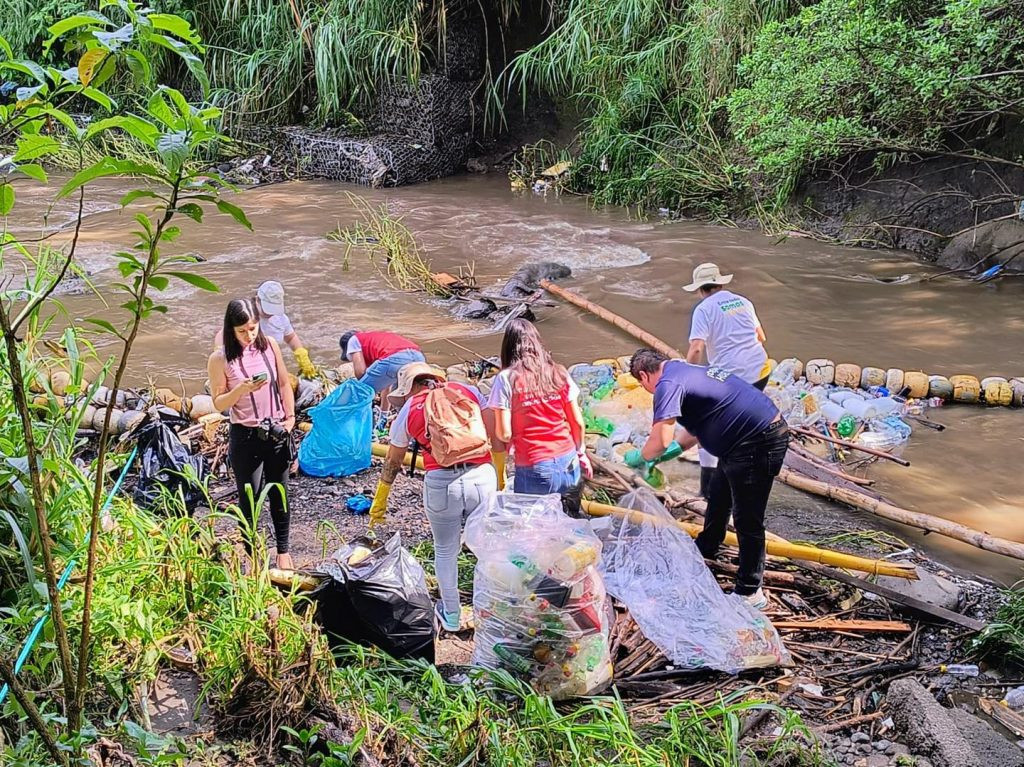 Deforestation due to tourism
Deforestation due to tourism
Did you know? According to the World Economic Forum in 2019, tourism produces 35 million tons of waste annually, with many destinations struggling to manage it sustainably.
3.2. How Ecotourism Reduces Environmental Impact
Ecotourism promotes sustainable practices that protect natural ecosystems while offering authentic travel experiences.
- Sustainable Transportation: Eco-friendly travel solutions, such as electric vehicles and guided walking tours, reduce reliance on fossil fuels.
- Conservation-Focused Accommodations: Eco-lodges and sustainable hotels use solar and renewable energy, implement water conservation systems, and practice waste reduction initiatives.
- Low-Impact Activities: These preserve natural habitats through wildlife observation from a safe distance, nature-based experiences like forest bathing, and reforestation projects.
 Eco-friendly transportation
Eco-friendly transportation
Did you know? Ecotourism destinations generate 80% less waste compared to traditional resorts, as per the Global Ecotourism Network in 2018.
4. The Impact on Local Communities: Who Benefits?
Tourism is a significant economic driver, but the benefits are not always distributed equitably. Traditional tourism often favors large corporations over local communities, while ecotourism is designed to empower local economies and preserve cultural heritage.
4.1. How Traditional Tourism Affects Local Communities
Traditional tourism often prioritizes profits for international hotel chains and tour operators, leaving minimal benefits for the local population.
- Economic Leakage: International hotel chains take up to 80% of tourist revenue, meaning only a small fraction reaches local communities, according to Sustainable Travel International in 2020.
- Exploitation of Local Workers: Many employees in the traditional tourism sector work long hours for low wages, especially in developing countries.
- Cultural Erosion: Mass tourism can commercialize and dilute local traditions, reducing authentic cultural experiences and displacing indigenous communities due to uncontrolled tourism expansion.
4.2. How Ecotourism Benefits Local Communities
Ecotourism prioritizes the well-being of local communities, ensuring that tourism revenue stays within the region and supports long-term development.
- Direct Economic Benefits: More than 90% of ecotourism revenue stays within the community, benefiting small businesses, local artisans, and independent tour guides, as noted by the ICT Costa Rica in 2021.
- Job Creation: Ecotourism provides sustainable employment with fair wages, particularly in rural areas where job opportunities are limited.
- Cultural Preservation: Visitors engage in authentic cultural exchanges, learning traditional crafts from indigenous artisans and participating in organic farming experiences.
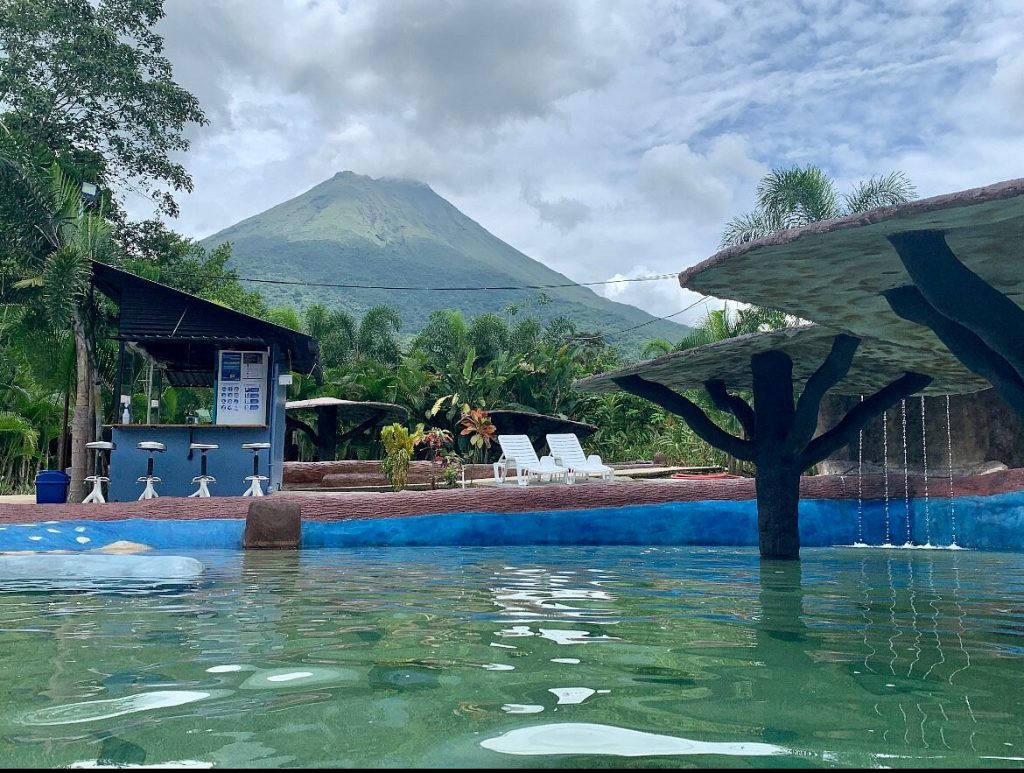 Sustainable tourism supporting local community
Sustainable tourism supporting local community
Did you know? In Costa Rica, ecotourism supports over 600,000 jobs, making it a key pillar of the national economy, as per ICT Costa Rica in 2022.
5. Tourism Experiences: Mass Tourism vs. Sustainable Travel
The type of experiences offered is one of the most significant differences between traditional tourism and ecotourism. While mass tourism often prioritizes convenience, entertainment, and large-scale attractions, sustainable travel immerses you in nature and local culture while minimizing environmental impact.
5.1. How Traditional Tourism Operates
Traditional tourism is structured around high-traffic destinations, commercial attractions, and standardized experiences, often leading to overcrowding and environmental degradation.
- Cruise Ship Excursions: Thousands of passengers disembark at once, overwhelming local ports and contributing to ocean contamination.
- Animal-Based Tourism: Activities like elephant rides and dolphin encounters involve animal mistreatment, and wildlife is often kept in unethical captivity for entertainment purposes.
- Overcrowded Tourist Hotspots: Famous beaches, landmarks, and parks become saturated with visitors, leading to erosion, pollution, and habitat destruction.
- Generic Experiences: Resorts and all-inclusive packages focus on maximizing profits rather than preserving local culture and nature.
5.2. How Sustainable Travel Creates Meaningful Experiences
Sustainable tourism promotes small-group, immersive experiences that encourage responsible interactions with nature and local communities.
- Low-Impact Nature Exploration: Eco-friendly hiking tours follow Leave No Trace principles, and guided wildlife observation excursions do not disturb animals.
- Slow Travel & Community Engagement: Sustainable travelers spend quality time in fewer destinations, allowing for deeper cultural connections, farm-to-table experiences, and artisan workshops.
- Ethical Wildlife Encounters: Marine conservation snorkeling and diving instead of harmful reef-damaging tours, and sloth and monkey sanctuaries that rehabilitate and release animals rather than exploit them.
- Eco-Friendly Accommodations: Luxury eco-lodges operate with solar energy and sustainable practices, and electric vehicle travel eliminates carbon emissions.
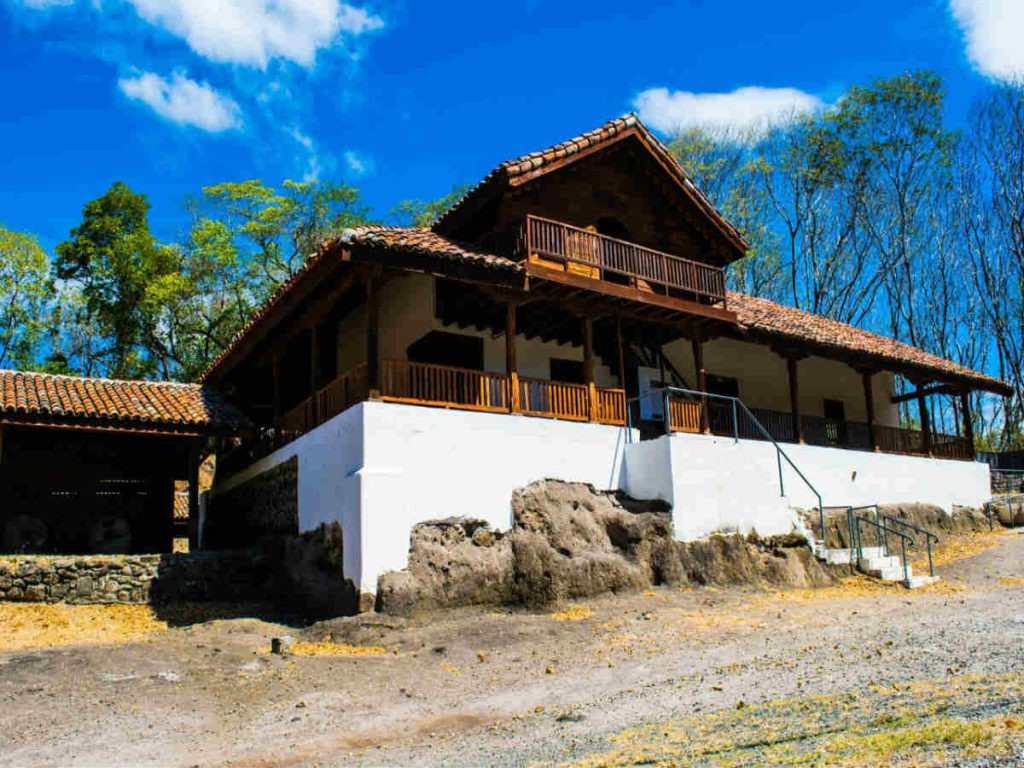 Eco-friendly accommodation
Eco-friendly accommodation
Did you know? Tourists who choose sustainable experiences leave 75% less environmental impact than those who engage in mass tourism activities, according to the Global Ecotourism Network in 2019.
6. Ecotourism: A More Meaningful Travel Experience
Ecotourism isn’t just about reducing your environmental footprint—it’s about creating deep, personal connections with nature, culture, and the people you meet. Unlike mass tourism, which often feels superficial and rushed, ecotourism is an intentional, immersive way to explore the world.
6.1. How Ecotourism Enhances Travel Experiences
Ecotourism offers a range of benefits that enhance the overall travel experience:
- Greater Connection with Nature: Instead of viewing landscapes from a tour bus, ecotourism allows travelers to hike through jungles, swim in pristine waters, and observe wildlife in their natural habitats.
- Deeper Cultural Experiences: Travelers engage in meaningful cultural exchanges, such as learning indigenous traditions, visiting family-run coffee farms, and attending cooking workshops to prepare authentic local cuisine.
- Ethical Wildlife Interactions: Instead of supporting zoos and animal theme parks, ecotourists observe animals in protected reserves and support rehabilitation centers that reintroduce animals to the wild.
- Slower, More Intentional Travel: Ecotourism encourages travelers to slow down and appreciate each destination fully, focusing on fewer places with richer experiences.
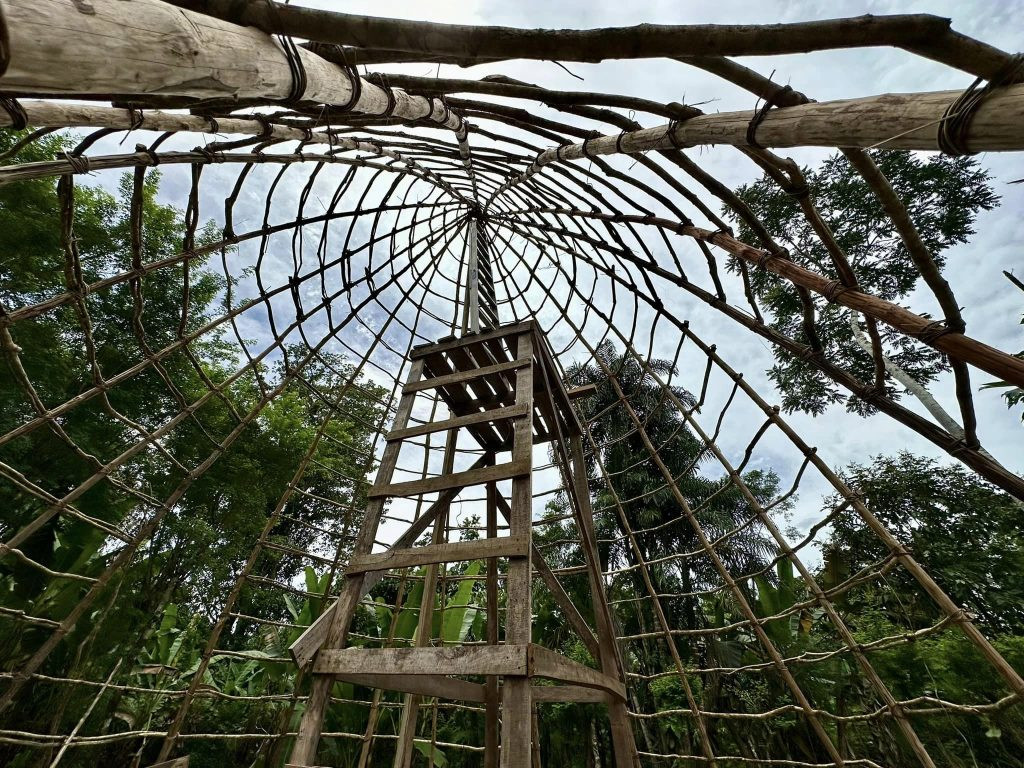 Cultural Immersion
Cultural Immersion
Did you know? Studies show that travelers who participate in cultural and eco-based tourism report higher satisfaction levels than those engaging in traditional mass tourism, according to Sustainable Travel International in 2021.
6.2. Why Ecotourism Leaves a Positive Impact on Travelers
Ecotourism can lead to a more profound and fulfilling travel experience:
- A Sense of Purpose: Many travelers return from sustainable trips feeling fulfilled, knowing they contributed to conservation and community well-being.
- Personal Growth & Mindfulness: Spending time in nature and engaging with local cultures promotes mindfulness and appreciation for the environment.
- Genuine Human Connections: Unlike mass tourism, which often feels transactional, ecotourism builds real relationships with locals and fellow travelers.
 Mindful Travel
Mindful Travel
Did you know? Research shows that people who travel sustainably report a stronger emotional connection to their destinations and are more likely to return, according to the UNWTO in 2022.
7. Exclusive Benefits of Booking with SIXT.VN
SIXT.VN provides personalized, high-end, and eco-friendly adventures designed to provide travelers with the best of Vietnam while minimizing environmental impact.
7.1. Personalized and Eco-Friendly Adventures
- Sustainable Transportation: Eco-friendly vehicles that minimize carbon emissions are available for transportation.
- Sustainable Accommodations: We partner with eco-friendly hotels and lodges that use renewable energy and support local communities.
- Small-Group Experiences: We focus on small-group eco-adventures for a more personalized and intimate experience.
7.2. Responsible Wildlife Tourism
- Ethical Encounters: Support wildlife observation in natural reserves instead of harmful zoos and animal theme parks.
- Conservation: Support rescue centers that rehabilitate and release animals into the wild.
7.3. Sustainable Food Systems
- Local Cuisine: We offer farm-to-table dining, supporting local farmers and sustainable plantations.
 Wildlife conservation
Wildlife conservation
8. Ecotourism: The Future of Travel
As the world becomes more conscious of environmental issues, ethical travel, and cultural preservation, it’s clear that ecotourism is not just a trend—it’s the future of the travel industry.
8.1. The Unsustainability of Traditional Tourism
Traditional tourism has several critical drawbacks:
- Environmental Destruction: Over-tourism and environmental destruction in fragile ecosystems.
- Cultural Erosion: Commercialized and superficial experiences lead to cultural erosion.
- Carbon Emissions: Excessive carbon emissions contribute to climate change.
- Exploitation: Tourism models prioritize corporate profits over local communities.
8.2. The Benefits of Ecotourism
Ecotourism offers a responsible and sustainable alternative:
- Conservation-Focused: Tourism protects biodiversity and natural landscapes.
- Authentic Experiences: Immersive experiences that create deeper cultural connections.
- Lower Footprint: Reduced carbon footprints promote long-term sustainability.
- Community Benefits: Supports host communities.
8.3. Embracing Ecotourism with SIXT.VN
SIXT.VN is committed to leading the future of ecotourism in Vietnam by offering sustainable, authentic, and luxurious experiences. We provide eco-friendly transportation, support local communities, and promote responsible wildlife tourism.
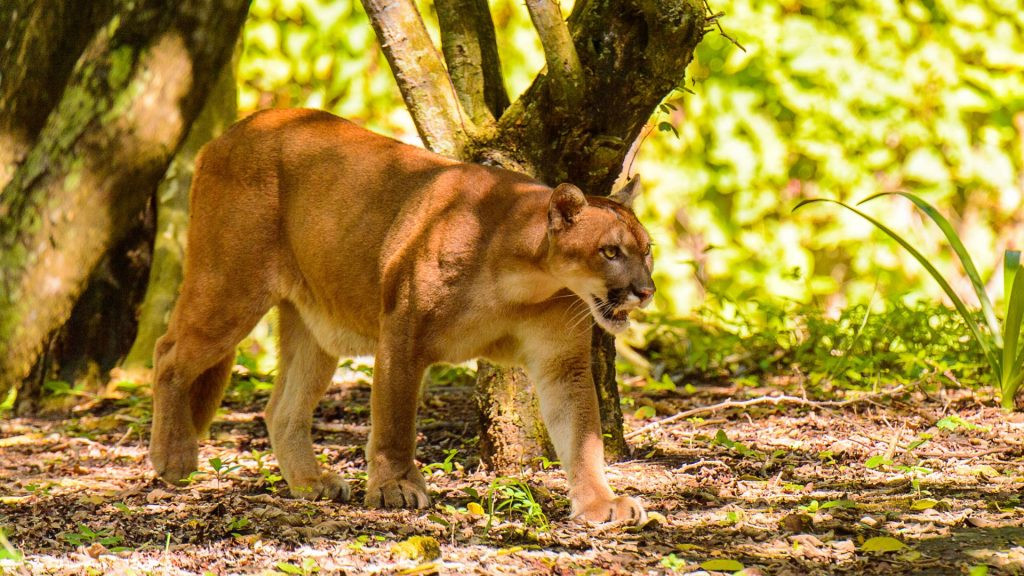 Traditional vs Ecotourism
Traditional vs Ecotourism
Did you know? The demand for sustainable travel is growing. Studies show that 87% of global travelers now seek travel options that reduce environmental impact, according to Booking.com in 2023.
9. Why Choose SIXT.VN for Your Travel Needs?
SIXT.VN offers a comprehensive suite of services to ensure a seamless and responsible travel experience in Vietnam:
9.1. Tailored Travel Experiences
SIXT.VN tailors travel experiences to align with your preferences and values, including:
- Customized Itineraries: Personalized travel plans that cater to your unique interests and schedule.
- Sustainable Accommodations: Handpicked eco-lodges and hotels committed to environmental responsibility.
- Ethical Wildlife Tours: Guided nature excursions that promote the well-being of local species and ecosystems.
9.2. Comprehensive Travel Services
SIXT.VN also provides various essential services:
- Airport Transfers: Convenient and eco-friendly airport transportation options.
- Hotel Bookings: A curated selection of accommodations that meet sustainability standards.
- Tour Packages: Expertly designed tour packages that balance cultural immersion and environmental conservation.
- Flight Bookings: Assistance with booking flights that align with your travel dates and budget.
9.3. Commitment to Sustainability
SIXT.VN champions sustainability through various initiatives:
- Supporting Local Businesses: Partnerships with local artisans, guides, and eco-friendly businesses.
- Reducing Environmental Impact: Encouraging practices that minimize your carbon footprint.
- Promoting Responsible Tourism: Raising awareness about responsible tourism practices.
By choosing SIXT.VN, you’re not just booking a trip—you’re supporting a movement towards a greener, more responsible way of traveling. Contact SIXT.VN at Address: 260 Cau Giay, Hanoi, Vietnam or Hotline/Whatsapp: +84 986 244 358 or visit our Website: SIXT.VN to explore Vietnam with zero emissions, authentic experiences, and unforgettable moments.
10. FAQs About Traditional Tourism
10.1. What Is Traditional Tourism?
Traditional tourism, often known as mass tourism, emphasizes convenience and accessibility, focusing on large-scale attractions and standardized experiences.
10.2. How does traditional tourism impact the environment?
Traditional tourism often results in environmental degradation due to high carbon emissions, deforestation, pollution, and over-tourism in fragile ecosystems.
10.3. What are the main characteristics of ecotourism?
Ecotourism is characterized by sustainable travel practices, conservation-based activities, respect for local cultures, and small-scale tourism.
10.4. How does ecotourism benefit local communities?
Ecotourism supports local communities by ensuring that tourism revenue stays within the region, creating jobs, preserving cultural heritage, and empowering local businesses.
10.5. What are some examples of traditional tourism activities?
Examples of traditional tourism activities include cruise ship excursions, animal-based tourism (such as elephant rides), and visits to overcrowded tourist hotspots.
10.6. What are some examples of ecotourism activities?
Ecotourism activities include eco-friendly hiking tours, ethical wildlife encounters, visits to sustainable accommodations, and organic farm-to-table dining experiences.
10.7. How can I reduce my environmental impact while traveling?
You can reduce your environmental impact by choosing sustainable transportation, staying in eco-friendly accommodations, participating in low-impact activities, and supporting local businesses.
10.8. What role does SIXT.VN play in promoting sustainable tourism?
SIXT.VN promotes sustainable tourism by providing personalized travel experiences, partnering with local communities, and offering eco-friendly transportation options.
10.9. How can I book a sustainable tour with SIXT.VN?
You can book a sustainable tour with SIXT.VN by visiting our website or contacting us directly to discuss your preferences and travel plans.
10.10. Why is ecotourism considered the future of travel?
Ecotourism is considered the future of travel because it promotes responsible tourism, protects biodiversity, creates authentic experiences, and supports local communities, making it a more sustainable and ethical way to explore the world.



